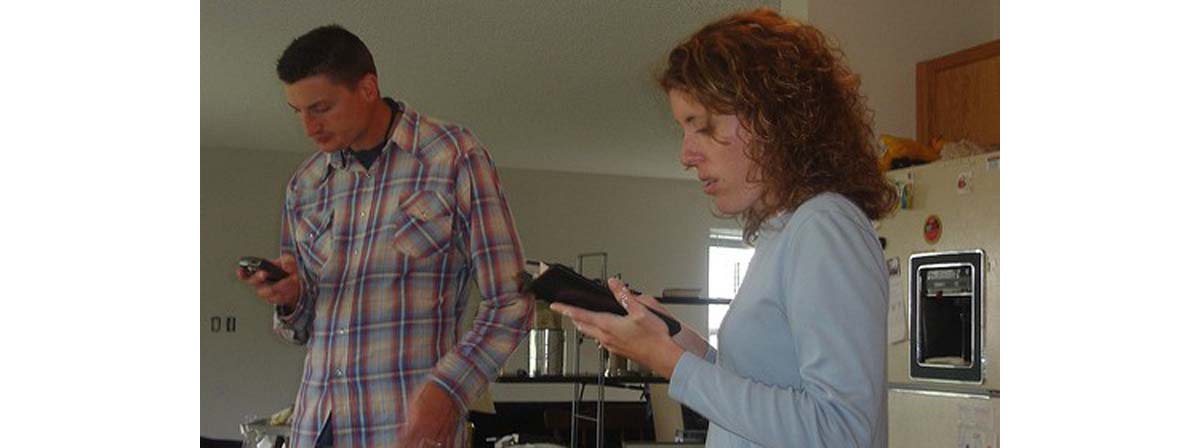Table of Contents
Determining Your Fertile Days
Couples who are aware of the female partner's most fertile days and plan intercourse accordingly can greatly increase their chances of becoming pregnant soon. On average, women ovulate (release a mature egg) 14 days before their next period is due. Of course, the exact timing of ovulation varies from woman to woman and to know for sure, you should use one of the many ovulation-tracking techniques.

Ovulation predictor kits, which work by detecting the surge in Luteizing Hormone (LH) that always immediately precedes ovulation, are the most reliable method and simultaneously the one that is most user-friendly. All you have to do is "pee on a stick".
Women may also look into charting their basal body temperature (BBT) or monitoring their cervical mucus to figure out when they ovulate. Both these methods have a bit more of a learning curve than taking ovulation tests does. In short, the BBT method requires a woman to take her temperature at the same time very early in the morning (right after sleep) each day, to look for the rise in temperature that occurs immediately following ovulation. This rise is between 0.4 and one degree Fahrenheit. Monitoring your cervical mucus requires you to insert a finger into your vagina to collect a sample. Egg-white, stretchy cervical mucus indicates you are about to ovulate.
Research shows that sperm can survive within the female body as long as seven days. They fight to reach the fallopian tubes, and “rest” there if no egg is present. When the egg arrives on the scene, those little guys actually get a chemical message to resume their fight and try to get into the egg. Don't discount the seven days before you are likely to ovulate, because these days are very much a part of a woman's fertile window.
What if you have irregular periods? In most cases, irregular periods do not indicate infertility. An irregular, unpredictable menstrual cycle does, however, make it very hard to find out when you ovulate. Having intercourse every other day throughout the month (excluding the time when you are experiencing menstrual flow) will give you the best chance of conceiving soon.
Troubleshooting
A couple should consult a fertility specialist after a year of trying to conceive without success if the woman is under 35, and after six months if the female partner is over 35. Artificial reproductive techniques such as in vitro fertilization (IVF) have made it possible for large numbers of couples to become biological parents, even if they are suffering from sub-fertility or are infertile.
IVF has even made it possible for women who have already reached menopause to become mothers, with the help of egg donors. Medical science and miracles may coincide in the modern world, but don't assume that you need fertility treatment too early on in the process of trying to conceive.
Women who have known medical problems should not jump to conclusions about their ability to get pregnant too soon either. Those who have blocked fallopian tubes, or who have had their tubes removed, can usually still get pregnant with their own eggs using IVF.
For those suffering from ovulation disorders, popular fertility medications such as Clomid and hCG injections may offer the solution they need to get pregnant. Women who know they have medical conditions that may affect their fertility will want to consult their specialist about this before they start trying to conceive.
Living a healthy life and monitoring your fertile days will maximize your chances of a speedy conception, but you will still need to be patient for a while — before there is a real indication that you are dealing with fertility struggles, simply enjoy your time together while you can. The chances are that your life will be taken over by morning sickness and then diaper changes soon enough.
- Photo courtesy of Jeffrey Pott by Flickr : www.flickr.com/photos/jpott/5533809498/
- Photo courtesy of Chris Corwin by Flickr : www.flickr.com/photos/flickerbulb/136930336/


Your thoughts on this